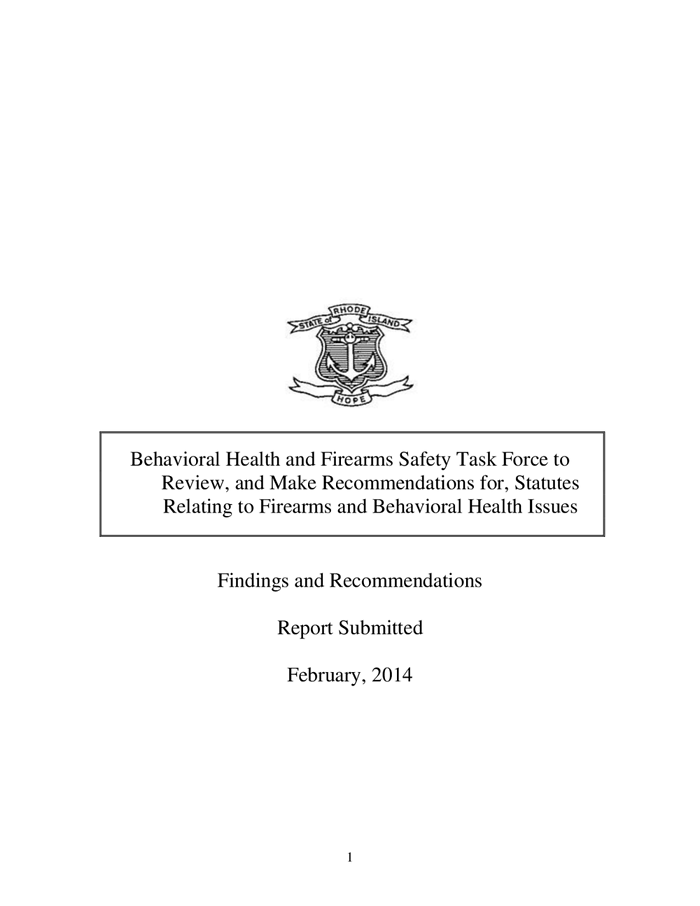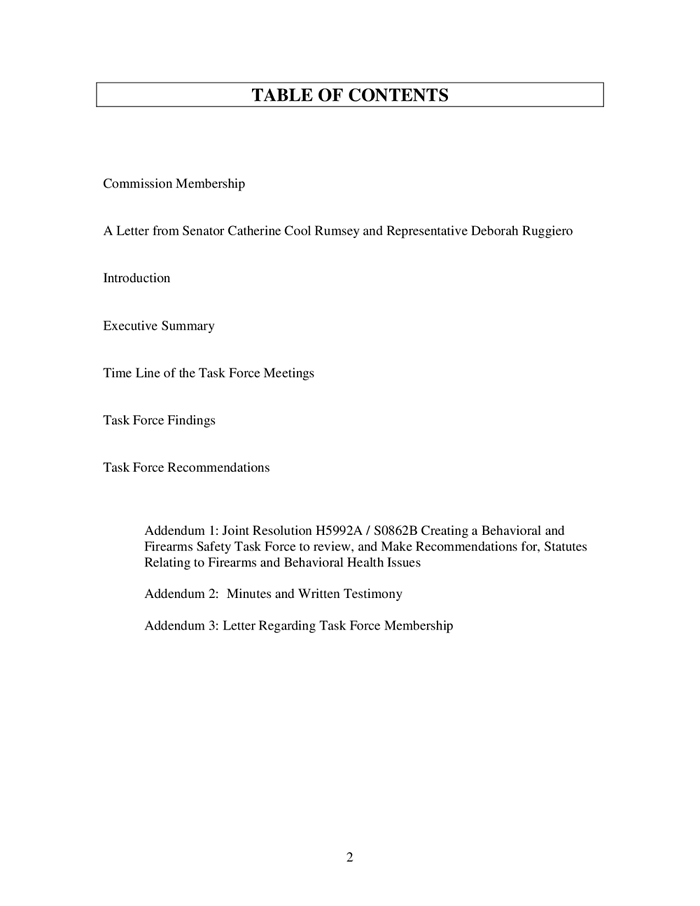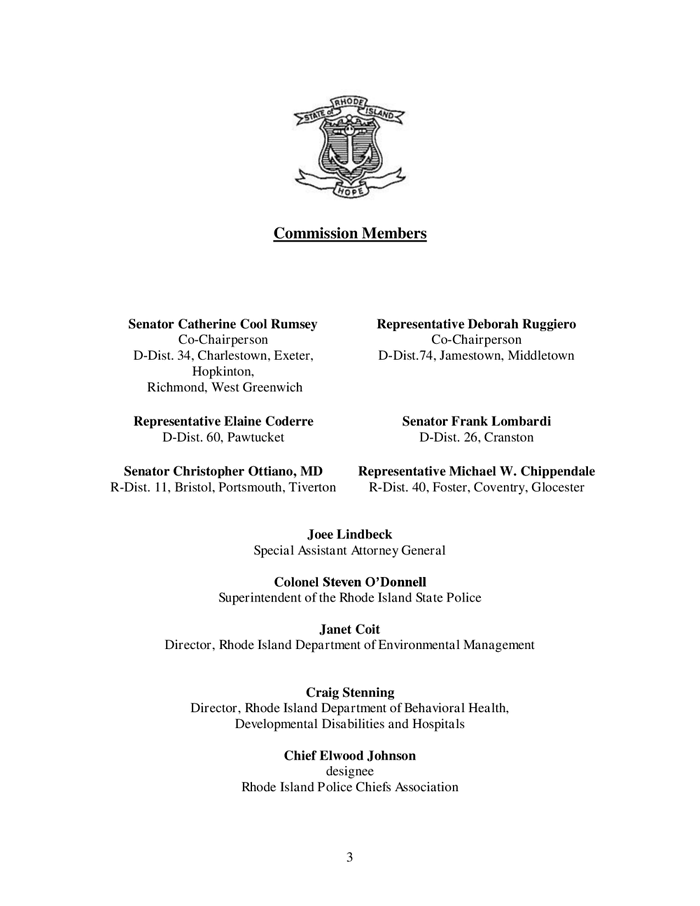02/26/2014
PROVIDENCE – A special task force unanimously voted Tuesday to approve a final report on ways that Rhode Island can submit records that will prevent people with serious mental illnesses and prone to violence from buying firearms. (Read the full report below)
It’ll be up to the General Assembly whether to adopt the recommendations made by the Joint Behavioral Health and Firearms Safety Task Force.
The 20-member panel met for several months to determine the best way for Rhode Island to submit mental-health records to a national background check system — without violating confidentiality or discouraging people from seeking treatment. They focused on barring people from buying guns if they are seriously mentally ill and prone to violence to themselves or others.
Rhode Island is one of about 15 states that doesn’t submit mental- health records to the National Instant Criminal Background Check System, according to Mayors Against Illegal Guns.
The FBI’s system, known as NICS, is intended to screen out people prohibited from buying guns, such as convicted felons, undocumented immigrants and people with serious mental illnesses or substance-abuse problems. Rhode Island requires background checks for all gun sales.
However, Rhode Island submits only criminal records to NICS, and none regarding mental health or substance abuse.
This task force originated from the gun-control package proposed last year by Governor Chafee, leaders of the General Assembly and law enforcement in response to the 2012 elementary school shooting in Newtown, Conn. The panel included legislators, mental- health experts, gun-rights advocates and law enforcement.
Rep. Deborah Ruggiero, a Jamestown Democrat, and Sen. Catherine Cool Rumsey, an Exeter Democrat, co-chaired the task force.
The task force is recommending setting up a relief board in the court for people to appeal if they are denied based on mental- health records. That will give Rhode Island access to federal funds to help the state comply with the NICS.
The panel does not want to submit non-criminal substance-abuse records.
The task force recommends amending the state mental- health law to the court system to submit information to NICS. The district court system adjudicates involuntary commitments to mental- health care, and therefore, could forward the names of those who’ve been committed and only those who pose the likelihood of serious harm.
Only identifying information – name, birth date and gender – would be submitted. Those who seek treatment on their own wouldn’t be affected. Probate and family courts wouldn’t submit incompetency records.
Craig Stenning, director of the Department of Behavioral Healthcare, Developmental Disabilities and Hospitals, said he was pleased that legislative leaders allowed the commission “to step back and make sure we took our time looking at how complex this issue.’’
He said his own responsibility was “to make sure that we don’t do anything that would cause people not to want to enter treatment,’’ or “label any person that has a mental health issue as being dangerous, being violent…but we did want to do something.’’
He said he was pleased that the final report only recommends the reporting to the national database of the names of people ordered into inpatient treatment, because they have been deemed by a judge to be a danger to themselves or others.
Similarly, Sen. Frank Lombardi, D-Cranston said: “Regretfully, we’ll never be able to prevent a Newtown from happening. We know that. But I think that this is a step in the right direction.’’
“It’s a great compromise,’’ Lombardi said. “It recognizes a balancing test between public safety…the need for privacy…and the recognition of mental health as an illness and not as a stigma.’’
Rep. Michael Chippendale, R-Foster, said he was relieved that the commission went in this narrow direction. But as a staunch 2nd Amendment advocate he will “have the eagle-eye out’’ for the actual wording of the legislation that will be needed to carry out the recommendations because there is a lot of opportunity for us to open up a can of worms…We can do that by changing one definition.’’
Read the 38-page report from the Behavioral Health and Firearms Safety Task Force:



No comments:
Post a Comment